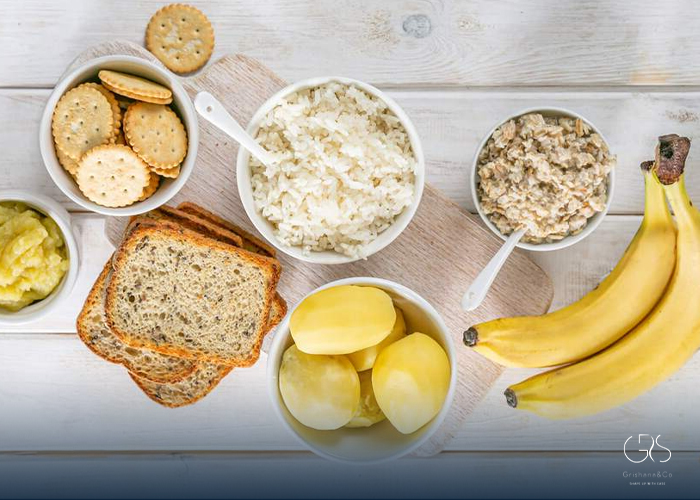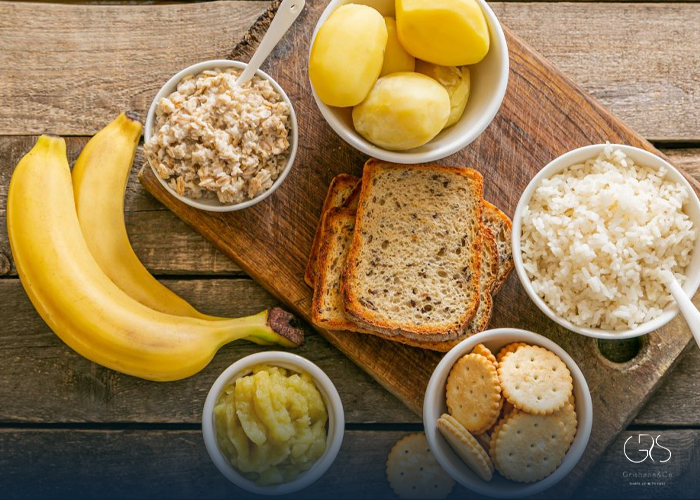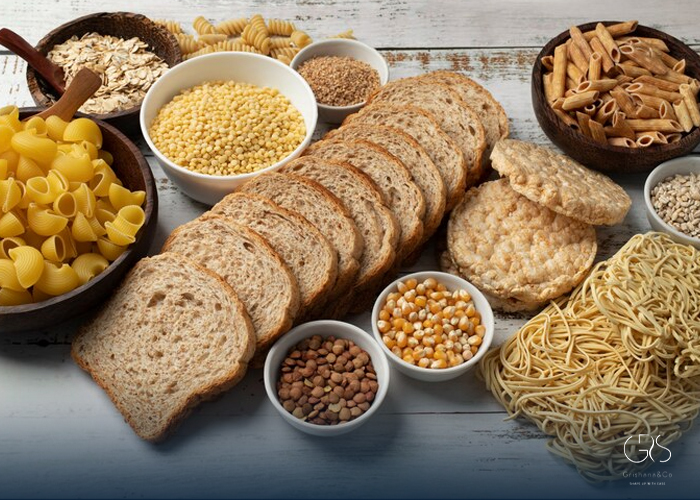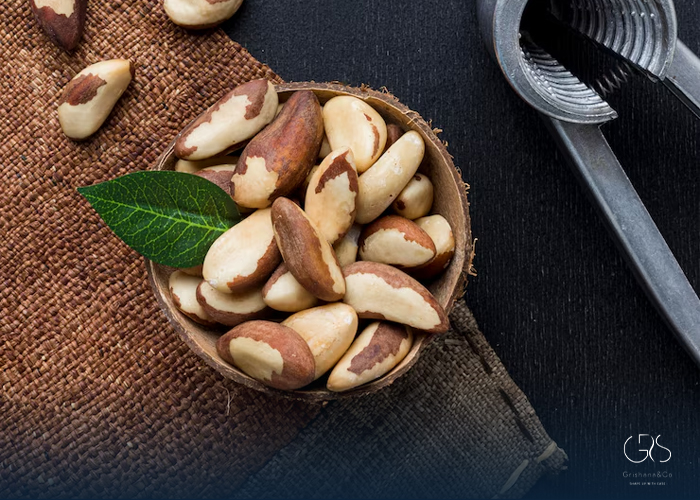The BRAT diet is a well-known dietary approach recommended for individuals experiencing gastrointestinal issues, particularly diarrhea, nausea, and vomiting. The name “BRAT” is an acronym for the four primary components of the diet: bananas, rice, applesauce, and toast. These foods are chosen because they are easy to digest and are believed to help soothe the digestive system during times of distress.
How Does the BRAT Diet Work?
The BRAT diet works by providing the body with bland, low-fiber, and easily digestible foods. This allows the digestive system to rest and recover from gastrointestinal problems, such as diarrhea. The diet aims to reduce the frequency and severity of symptoms by giving the body a break from more challenging-to-digest foods.
What Foods Should You Eat?
While the BRAT diet primarily consists of bananas, rice, applesauce, and toast, there are additional foods that can be included to ensure adequate nutrition and hydration. Here is a comprehensive list of foods that you can eat while following the BRAT diet:

- Bananas: These are easy to digest and provide essential nutrients like potassium and fiber.
(I recommend checking out my article on the health benefits of bananas for valuable insights) - Rice: Opt for plain, cooked white rice, which is gentle on the stomach and a good source of carbohydrates.
- Applesauce: Choose unsweetened applesauce as it is gentle on the digestive system and provides a natural sweetness.
- Toast: Plain toast, preferably made from white bread, can be eaten. Avoid using butter or spreads.
- Crackers: Saltine or soda crackers are low in fat and an excellent choice for easing an upset stomach.
- Boiled Potatoes: Mashed or plain boiled potatoes can be included as they are easily digestible and provide carbohydrates.
- Chicken Broth: Clear chicken broth can help replenish fluids and provide some nutrients without burdening the digestive system.
- Gelatin: Plain gelatin without added fruits or toppings can be consumed as a light and easily digestible snack.
- Herbal Tea: Chamomile or peppermint tea can provide soothing relief and help with hydration.
(I recommend checking out my article on the health benefits of mint. It’s a quick and informative read.) - Coconut Water: It is a hydrating beverage that provides electrolytes.
- Water: Staying well-hydrated is essential. Regular water intake is encouraged to prevent dehydration.
What Foods Should You Avoid?
While on the BRAT diet, it is recommended to avoid certain foods that can exacerbate gastrointestinal symptoms. Here are the foods to avoid:
High-fiber Foods: Whole grains, fruits, vegetables, and other high-fiber foods should be avoided as they can stimulate the digestive tract.
Dairy Products: Milk, cheese, yogurt, and other dairy products can be difficult to digest for some people, especially during gastrointestinal distress.

Carbonated Beverages: Carbonated drinks can lead to bloating, gas, and discomfort, which can worsen gastrointestinal symptoms.
Caffeine: Coffee, tea, energy drinks, and other caffeinated beverages can stimulate the digestive system and potentially worsen symptoms.

Spicy, Fried, or Fatty Foods: These types of foods can be harder to digest and may irritate the digestive system, leading to increased symptoms.
Who Should Be on the BRAT Diet?
The BRAT diet is primarily recommended for individuals experiencing gastrointestinal distress, particularly diarrhea, nausea, and vomiting. It can be especially useful for children and the elderly, who may be more susceptible to dehydration due to these symptoms. However, it is crucial to consult a healthcare professional before starting the diet, especially for those with underlying medical conditions or prolonged symptoms.
Other Things to Consider
While the BRAT diet can be beneficial in the short term, it is important to note that it is not a comprehensive and balanced diet. It lacks certain essential nutrients required for long-term health. Therefore, it should only be followed for a limited duration, typically 24 to 48 hours, or as advised by a healthcare professional.
If symptoms persist, worsen, or are accompanied by severe dehydration, it is crucial to seek medical attention immediately. Gastrointestinal distress can be a sign of an underlying condition that requires proper medical evaluation and treatment.
Conclusion
The BRAT diet is often recommended for individuals experiencing digestive issues such as diarrhea or vomiting. It consists of bland, easily digestible foods that can help soothe the stomach. However, it is important to consult with a healthcare professional before adopting this diet, as it may not provide all the necessary nutrients for an extended period of time. Additionally, hydration and overall nutrition should be maintained while following the BRAT diet.
Sources
- Healthline, BRAT Diet: What Is It and Does It Work?
- Medical News Today, What to know about the BRAT diet










